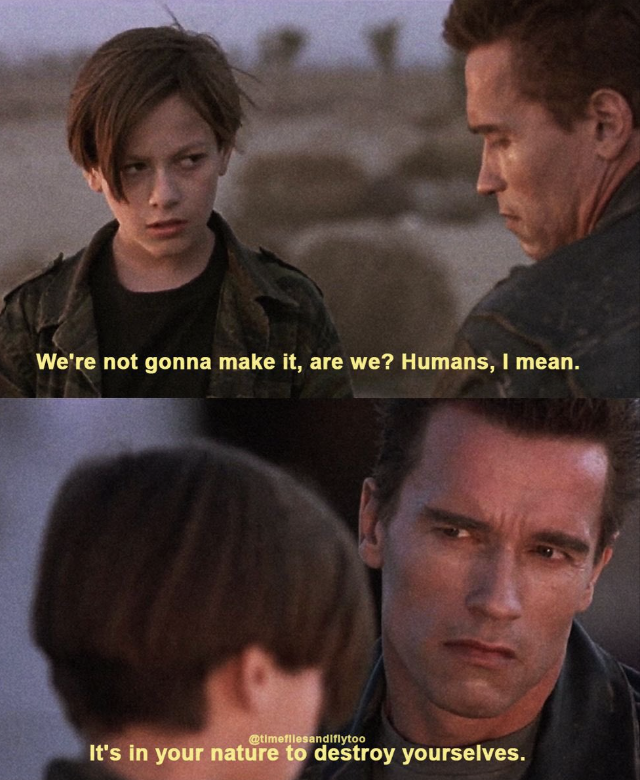Life is trade offs. That's all it is. We are trading off a small part of the natural world for our own development. That isn't inherently bad even if it creates some localised negative effects.
As long as its not localised to where you live though? Would you consent to a fracking site within ½ a mile from your home?
The bottom of the sea is different of course, no one will ever see it.







